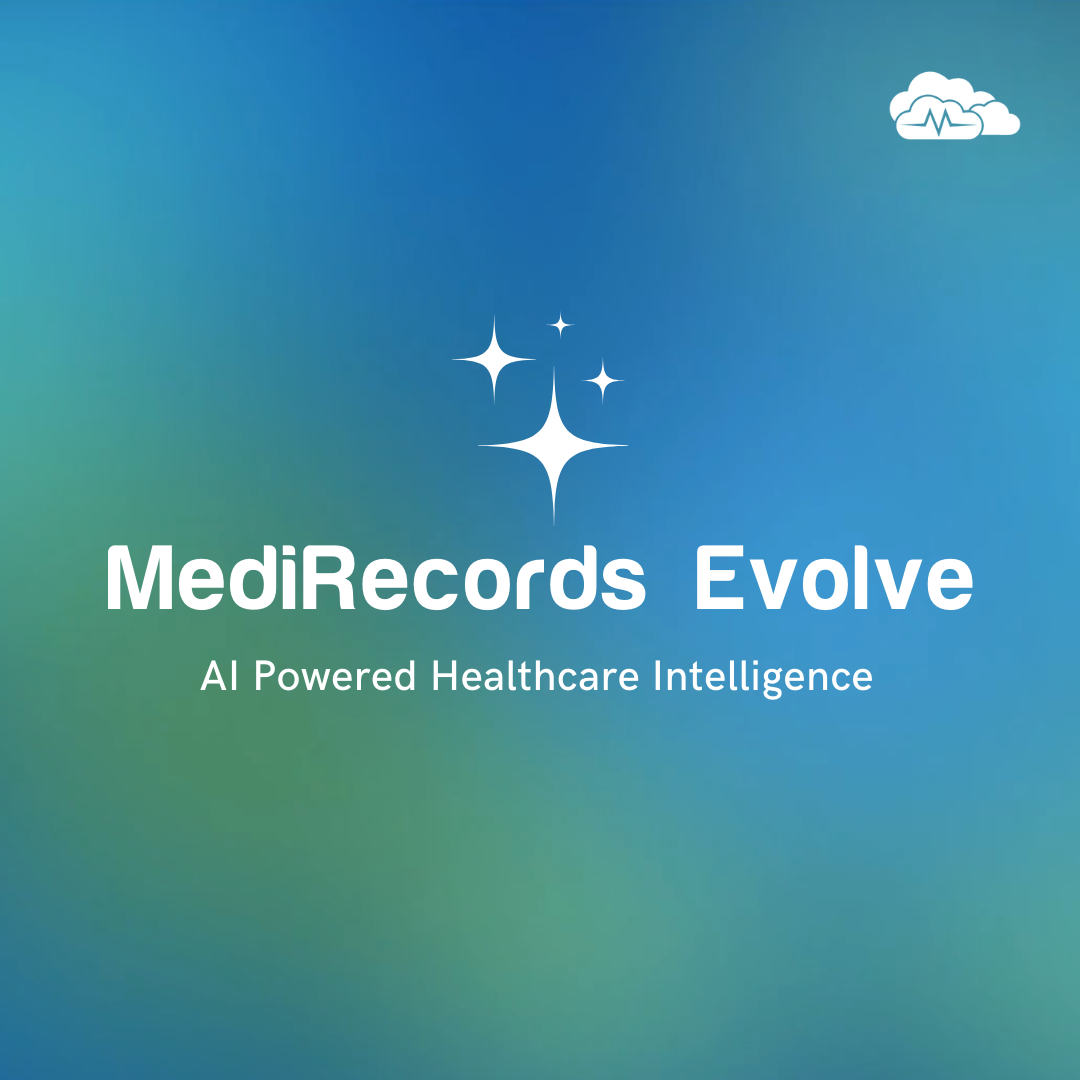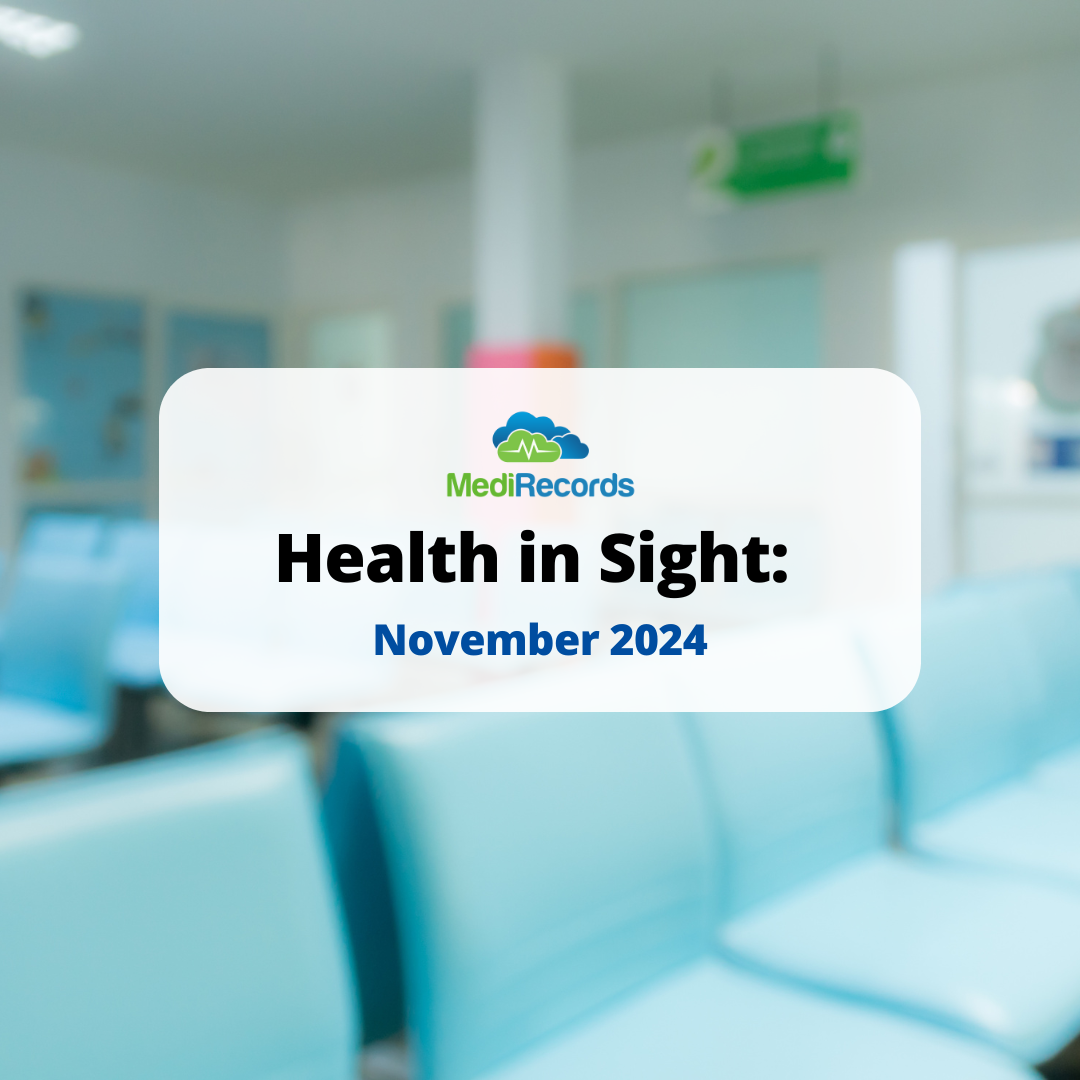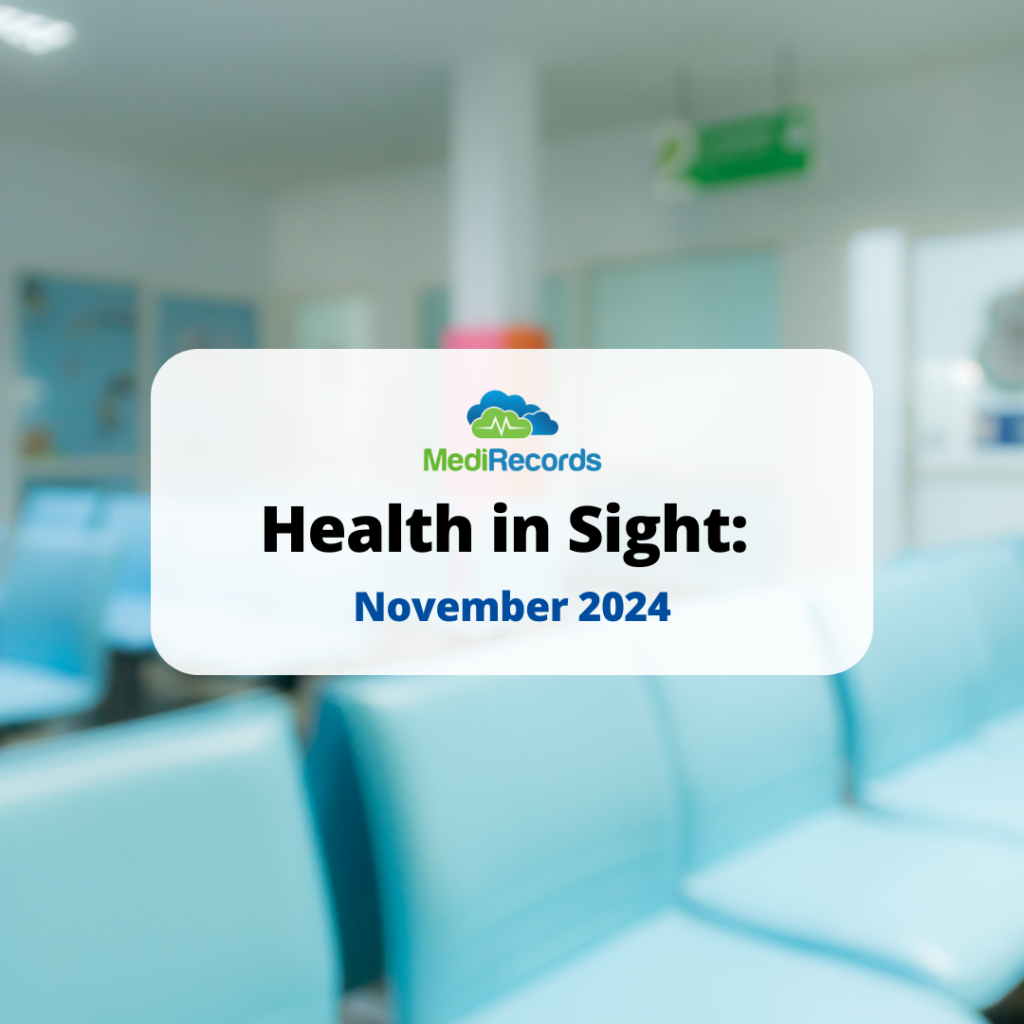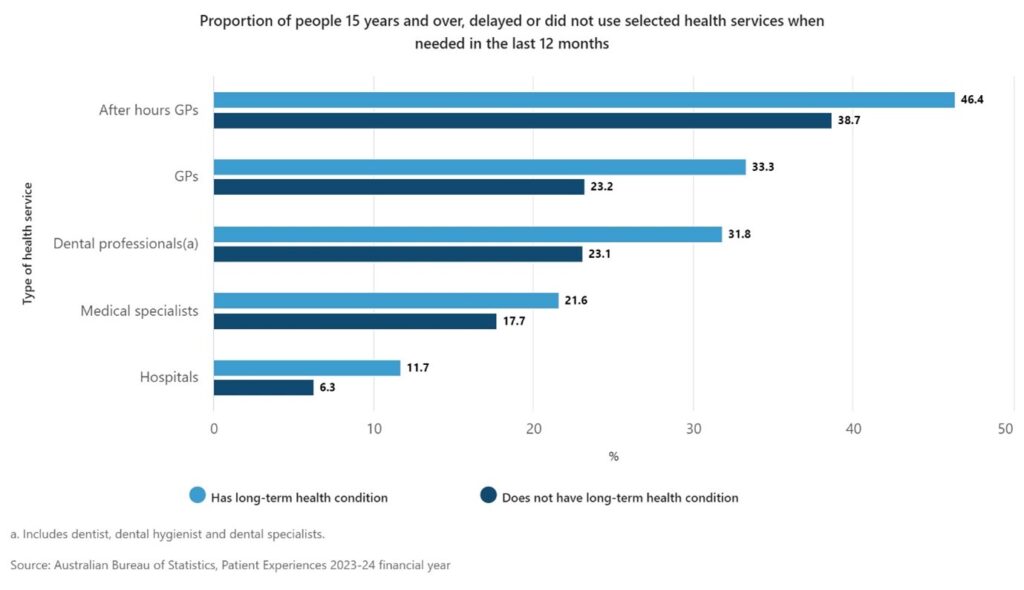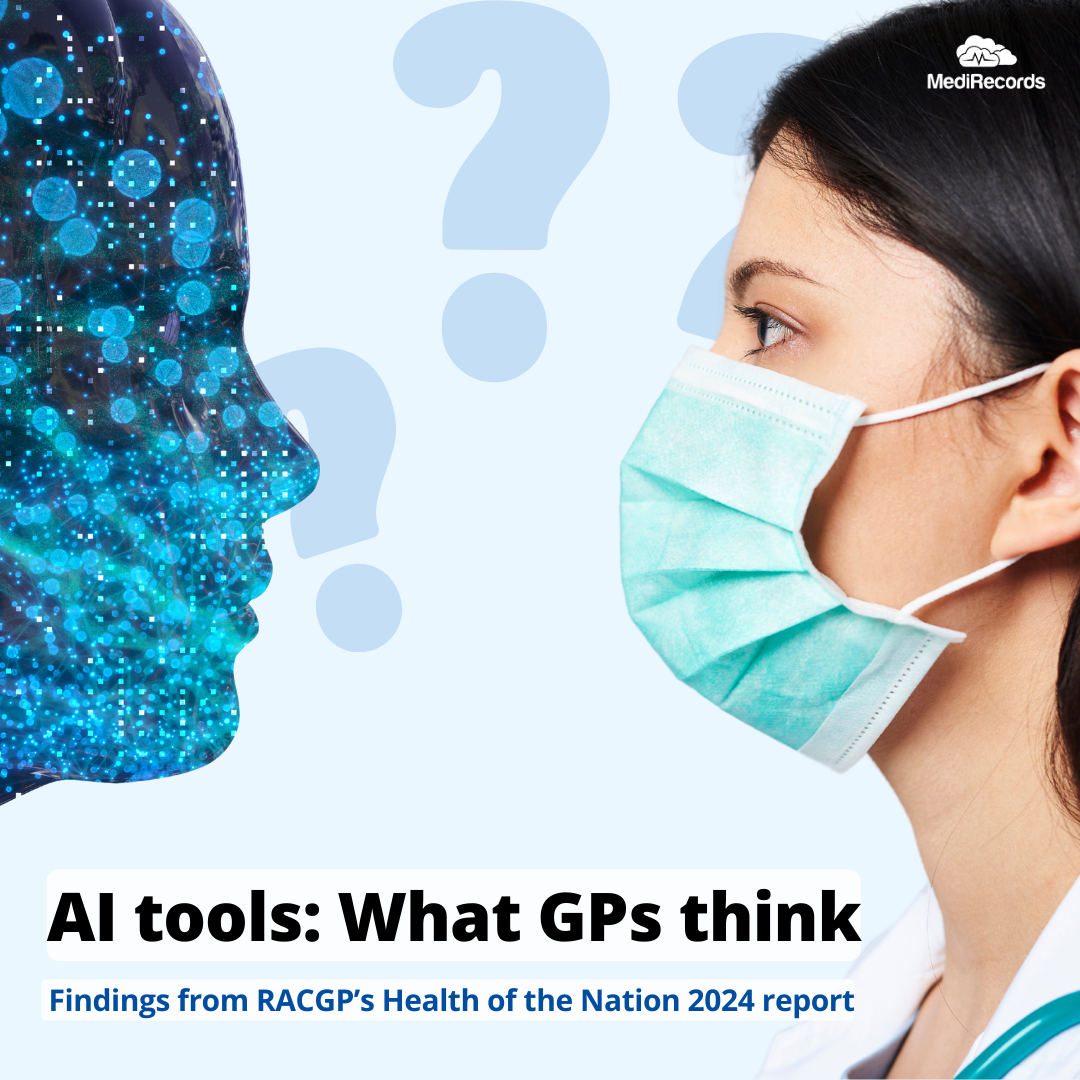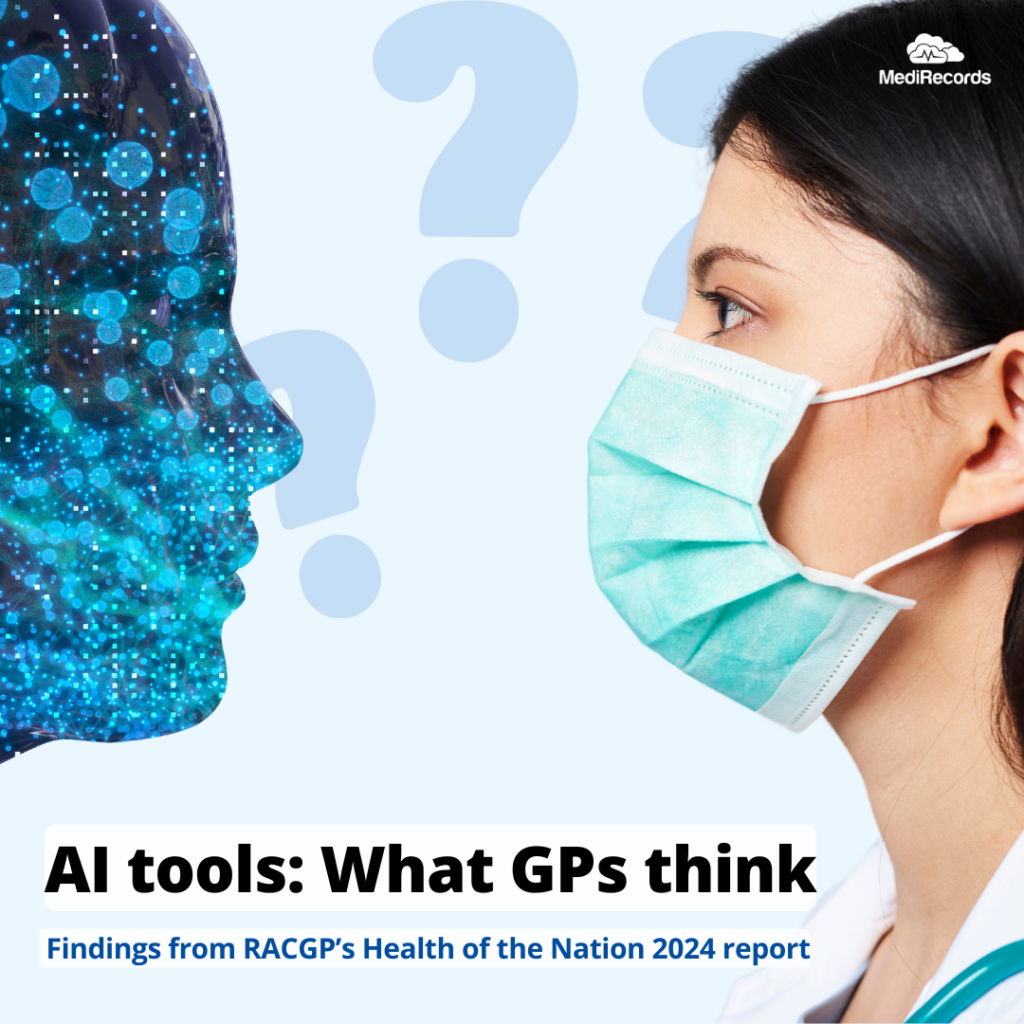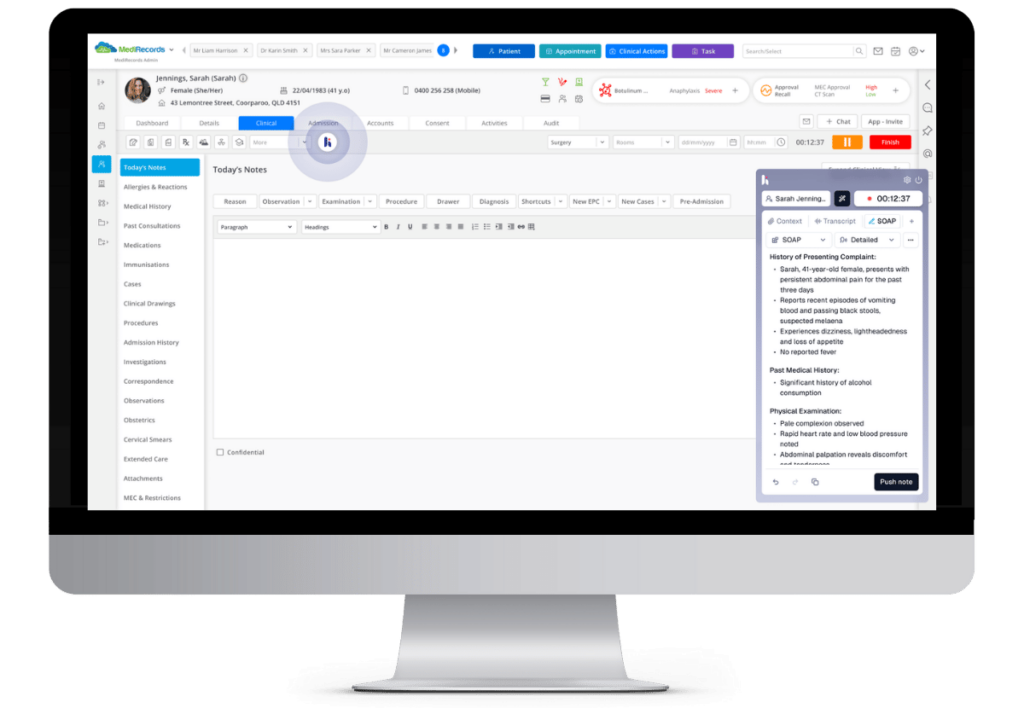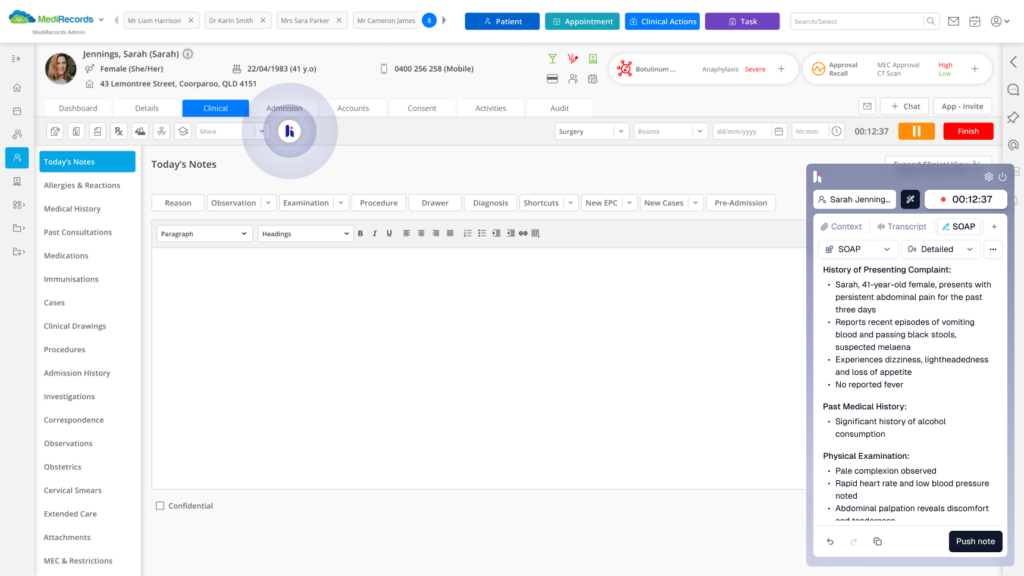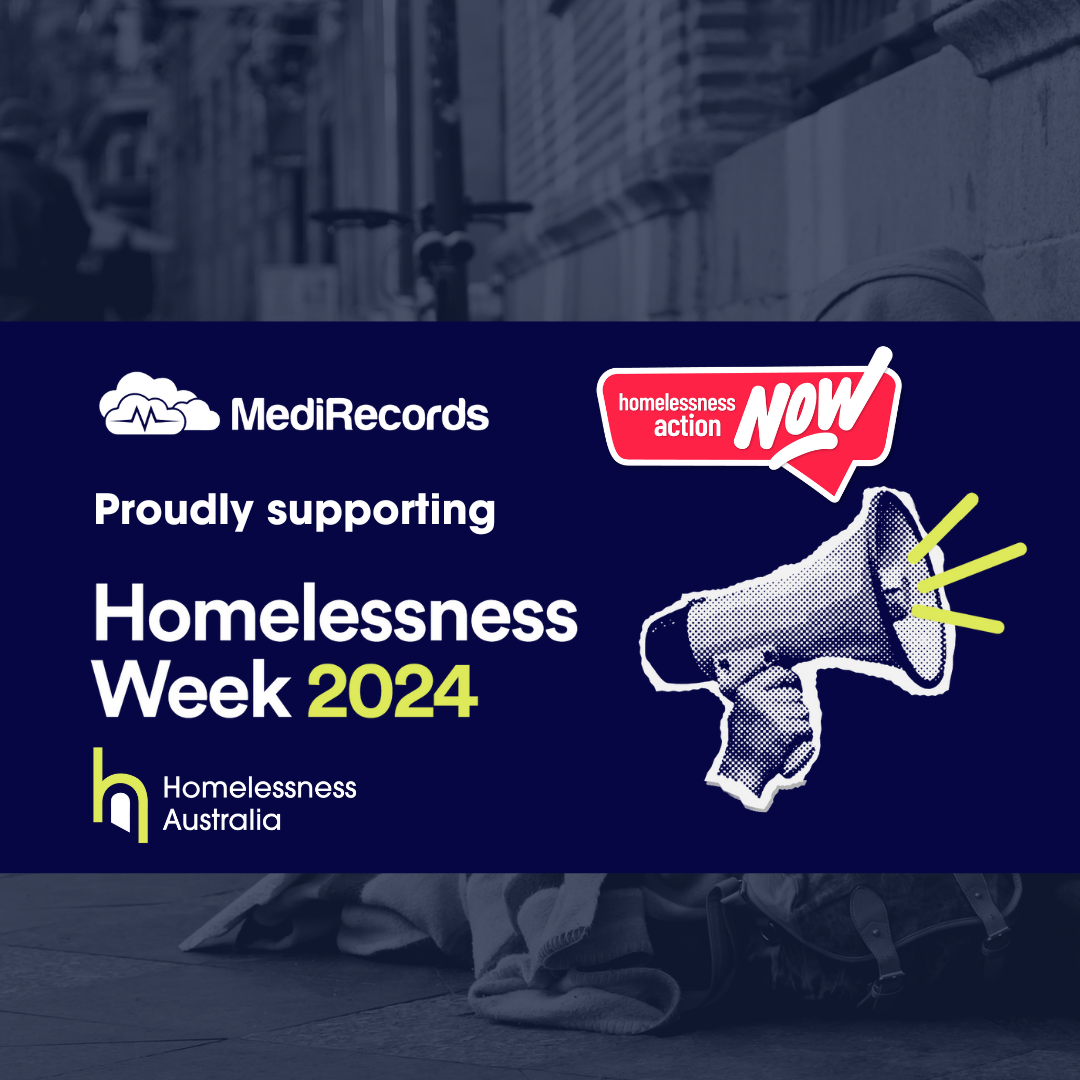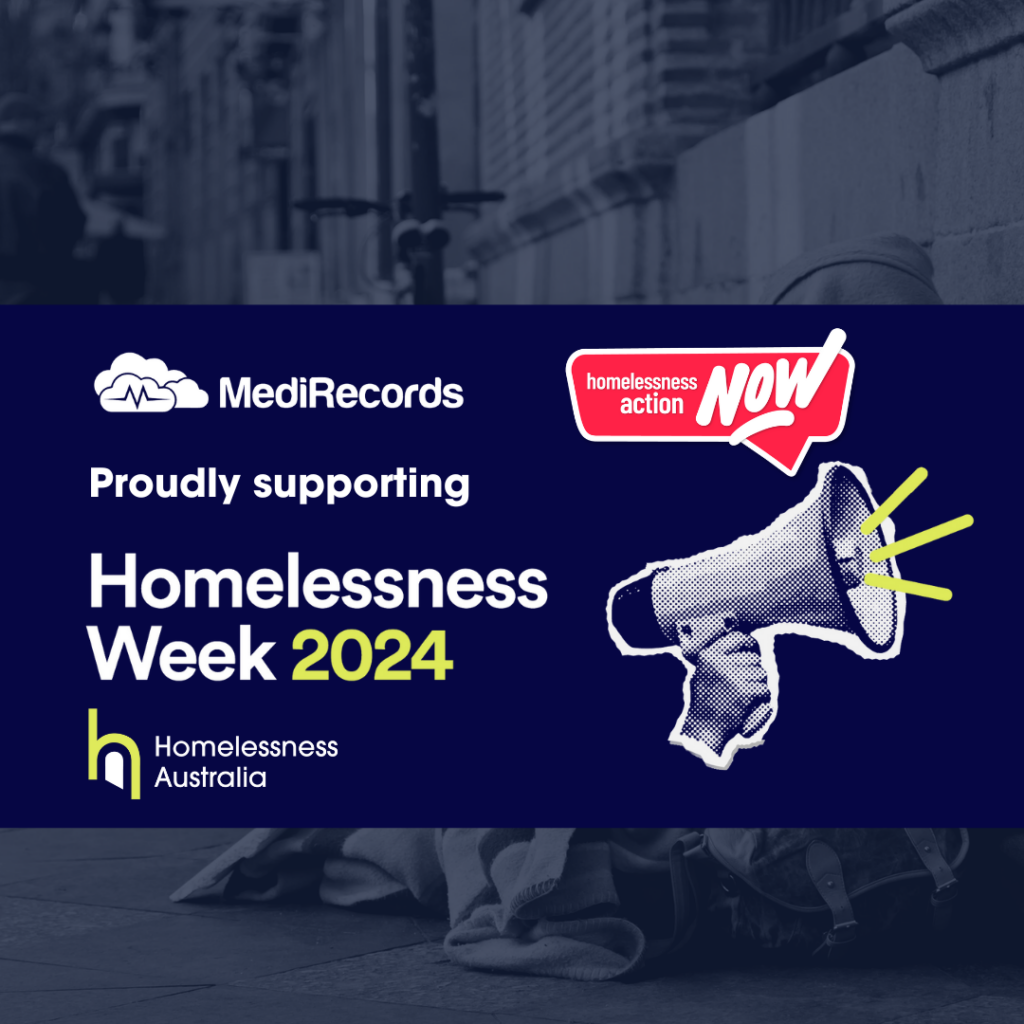February 28, 2025
MediRecords set to launch Evolve AI, commencing with AI Patient Summary
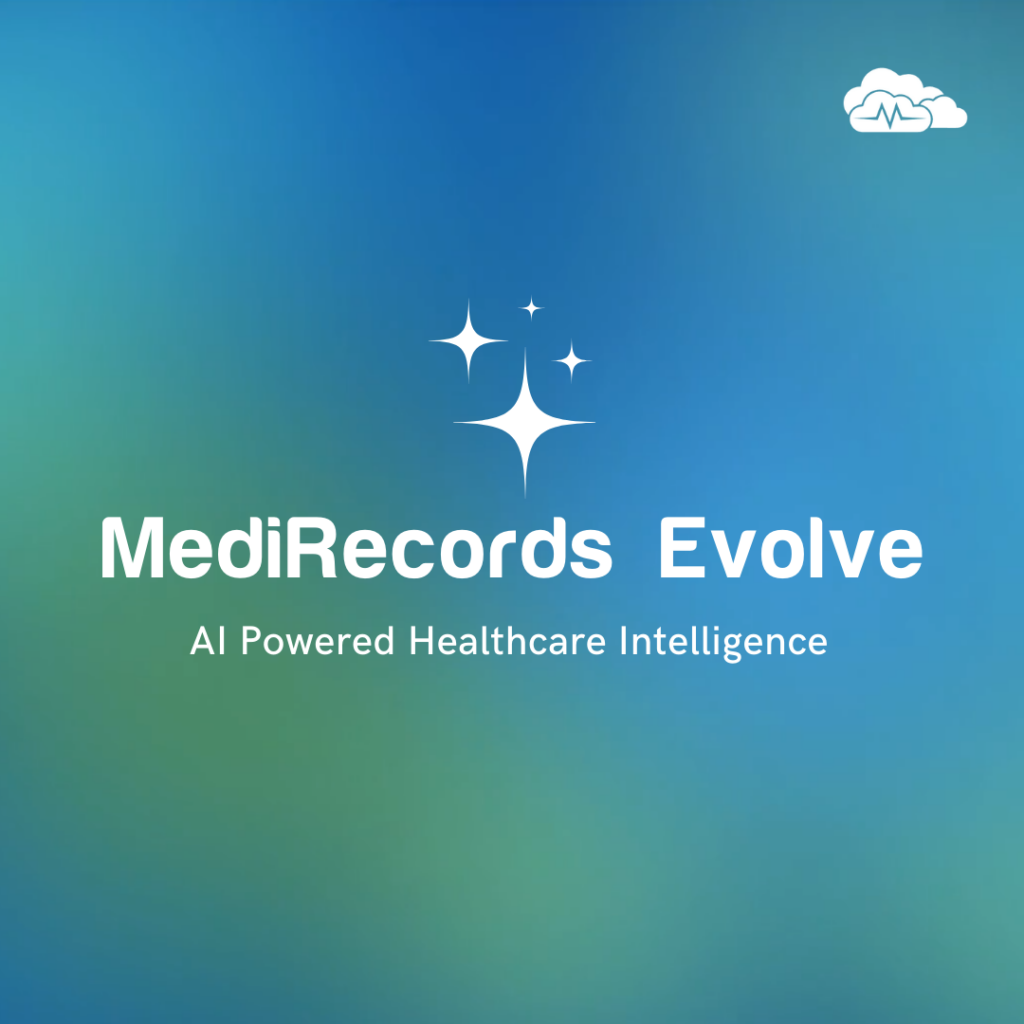
MediRecords, the leading Australian provider of cloud electronic health record and practice management software, is proud to announce the launch of its AI technology suite, MediRecords Evolve.
This new addition to MediRecords’ trusted true cloud technology stack integrates directly with the core Care clinical platform and will provide real-time insights based on patient information.
Co-designed with our clinical advisory team, Evolve will streamline clinic workflows, simplify administrative tasks, and enable clinicians to make data-driven decisions faster.
The first MediRecords Evolve feature, AI Patient Summary, is being tested with selected clients in March. The AI-driven patient summary provides a synopsis of a patient’s past three consultations within seconds, enabling clinicians to quickly review key points of case histories.
The Evolve-powered patient summary includes recent investigations, correspondence, clinical notes and provides shortcuts to detailed consultation records.
“The launch of MediRecords Evolve marks a significant and natural progression in our mission to harness technology for the benefit of healthcare professionals,” said Matthew Galetto, CEO and Founder at MediRecords. “This follows our earlier partnership with Heidi Health for integrated AI scribe technology, and our commitment to other partnerships to power smart healthcare.”
Mr Galetto said, “We chose the name ‘Evolve’ because our AI capabilities will continuously adapt and advance in response to the needs of clinicians, transforming the way patient information is accessed and utilised. AI Patient Summary is the first step in this evolution, helping to reduce cognitive load, improve decision-making, and ultimately support better patient outcomes.”
Built on MediRecords’ true-cloud platform, Evolve offers enterprise-grade security, data privacy compliance, and scalability, ensuring healthcare providers can access AI support securely from anywhere.
The introduction of AI Patient Summary is the first step in MediRecords’ broader AI strategy. Future enhancements include:
- Smart search functionality for rapid information retrieval.
- Intelligent workflow orchestration to streamline administrative and clinical functions, ensuring seamless coordination of patient care and follow-up actions.
- AI-powered data entry to automate and optimise high quality acute documentations.
- New AI partner integrations.
MediRecords Evolve enhances the existing Care, Connect, and Engage product suite, further optimising clinical efficiency and driving high-quality, outcome-focused patient care.
Learn more
For further information on MediRecords Evolve initiatives, sign up for updates below.
About MediRecords
MediRecords is Australia’s leading provider of true cloud-based electronic health record (EHR) and practice management software. Committed to innovation and excellence, MediRecords delivers scalable, interoperable, and secure solutions that enable healthcare professionals to provide high-quality patient care, anywhere.
Media Contact
Tim Pegler
Senior Business Development Manager
0435 444 690
Be the first to know about MediRecords Evolve!
Complete the form below to stay informed about key updates and launch details.

